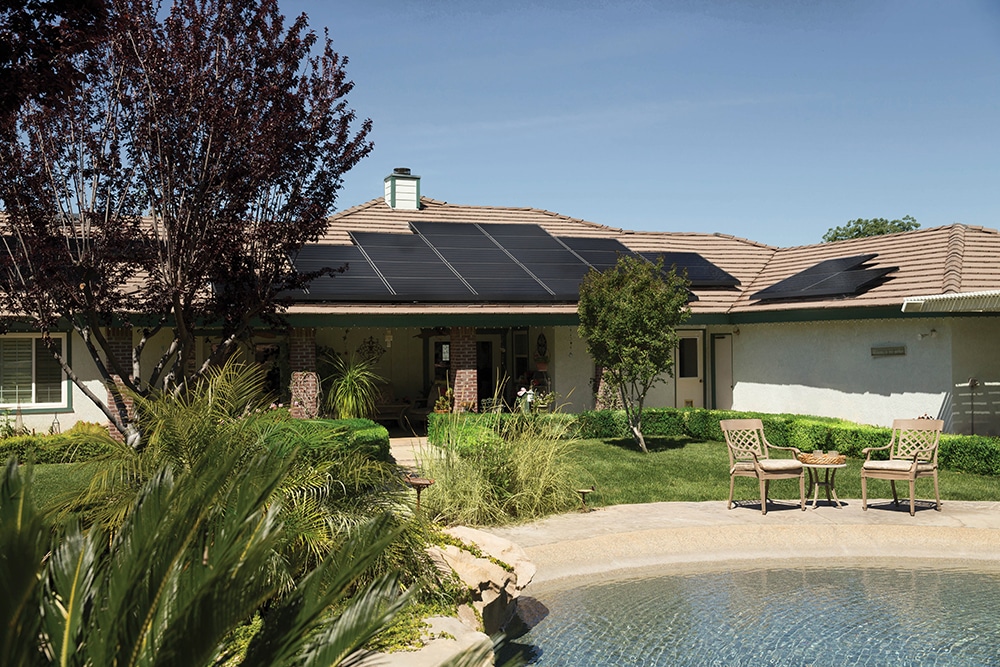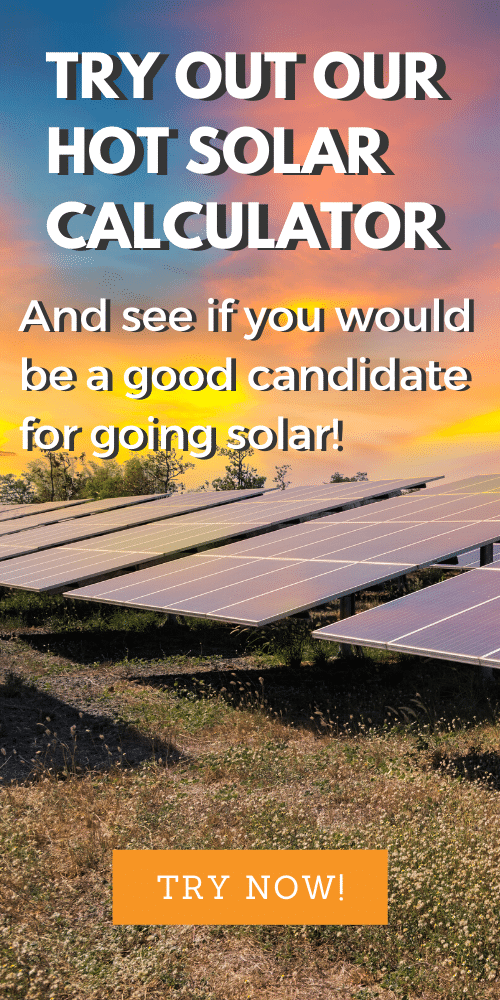Despite the widespread environmental and economic benefits of solar energy, there are myths circulating that can cause confusion and misperceptions among consumers. Many of these myths or rumors center around affordability, aesthetics, and efficiency when it comes to solar power.
Myth #1 — “I Cannot Afford To Go Solar”
Fact: Solar Prices have dropped 70 percent since 2010.
About a decade ago, this myth might have been true. Residential solar was particularly expensive up until 2010. But during the past decade solar costs have proven to be lower than you might think. In fact, solar prices have decreased by 70 percent since 2010!
Some of this myth could have been perpetrated by unscrupulous solar companies with misleading numbers and unnecessary pressure, causing confusion and frustration among their customers.
It is worthwhile to consider the technological innovations that have been made in just the past decade. These technological advances have resulted in price reductions in both hard costs — like PV module prices — and soft costs, such as solar design and installation.
Then there are installation costs, which are lower than in years past, and there are various financing options available so you can invest in solar energy in a way that works for your budget. There are also incentives like new state-level clean energy policies that can help to keep the cost of solar down.
There are other factors to consider when assessing the dollar amount you will invest with solar panels:
Your HSS Solar contractor will illustrate for you a realistic solar energy production for your specific rooftop.
Your contractor will also show you how much current solar incentives and net metering policies will save you money over the lifetime of your solar panels.
At HSS Solar, we will also discuss financing options to make this investment as cost-effective as possible. Some financing options include up-front cash payment, solar loans, leases, and power purchase agreements. Many homeowners like you do not have to pay the upfront cost, as this highly efficient alternative energy source pays for itself within six to nine years!
You should also know that through the year 2020, you can save 26 percent on your solar costs with the Solar Investment Tax Credit (ITC). This residential ITC is scheduled to phase out by 2022.
You can go online and read reviews of solar electric energy from consumers just like you. You will see how people are very happy with their investment and overall energy savings.
Myth #2 — “It will be Harder to Sell My Home with Solar Panels”
Fact: In contrast to this myth, homes with solar electric panels tend to sell faster and for 4 percent more.
Another aspect of this myth is the concern over the aesthetic appeal on the roof when people go to sell their homes. You can alleviate this worry by viewing a 2019 study by leading real estate marketplace Zillow, which reported that solar homes in the U.S. sell for an average of 4.1 percent more than their non-solar counterparts!
Even back in 2015, when the costs associated with solar were not as low as they are now, a study commissioned by the U.S. Department of Energy showed that solar systems increased home sale prices by an average of $15,000 for a 3.6 kW system (about $24,000 for a 5-6 kW system.)
When you prepare to sell your home, you will realize how solar panels make the process more convenient as well as more profitable.
Myth #3 — “A Solar System Would Damage my Roof”
Fact: With proper installation procedures and precautions, solar roofs remain safe and sound.
Some solar prospects could be scared off solar panels if they have the perception of holes being drilled into their roofs – on purpose. Maybe you know someone whose roof started leaking or letting in drafts after they went solar.
Here are some considerations that will allay your concerns about roof damage with solar panels. First, flat roofs require no holes to be drilled at all. Your roof might be conducive to having penetration-free solar systems. There are also other options such as ground mounts or ballasted racking.
Here are other factors to consider when it comes to solar panels and your roof:
Your HSS Solar contractor will ensure that precautions will be taken to avoid any damage to your roof. We will not install solar on old roofs, damaged roofs, and poor roof fits.
HSS Solar will also recommend that you complete any needed roof repair or replacement before deciding to get solar panels.
HSS Solar will also thoroughly explain the installation process to our customers. We will convey the essential aspects of solar installation to you so you feel confident that your roof will be safe from damage and leaks.
We will also be glad to show you our rave reviews from people just like you. You will see how other homeowners were glad they went solar and their roofs remained safe from damage in the process.
Myth #4 — “As My Solar Panels Age, They Will Get Less Efficient and Need too Much Maintenance”
Fact: We can tell you with absolute confidence that solar panels require minimal maintenance and stay productive for decades.
Solar PV or solar photovoltaic technology, systems are unfamiliar to many consumers. So, homeowners might assume that solar panels malfunction easily, require frequent maintenance, and lose much of their efficiency over their lifespan, saddling customers with more expenses and larger electric bills.
Solar panels have no moving parts. With no moving parts to malfunction or get worn out, solar systems are not only low-maintenance – no more than your HVAC systems or your cell phone – but also very long-lived.
Consider these facts:
- Your Solar Panel Suppliers’ Warranty — Most solar panels are warrantied to produce at more than 80 percent efficiency for 20 or more years.
- Efficiency Drop Less Than You Think — Efficiency reductions from solar panel degradation are less substantial than you might anticipate. Current solar panels will maintain near-consistent energy production for decades.
- Older Solar Panels Produce Considerable Energy over Many Years — Even less advanced solar panels that were installed in the 1980s still produce significant energy today.
- Solar Panel Maintenance is Minimal — Solar panel maintenance usually requires only that panels remain unshaded. The only maintenance that is needed from customers is making sure to keep your panels clean from dust, leaves, or heavy snow and trim shading branches.


